Workshop Program
Welcome to SEH 2020! In this venue we will have a keynote speaker Prof. Dr. Pablo Oliveira Antonino (Fraunhofer Institute for Experimental Software Engineering, Germany)
and three technical sessions on 3rd November 2020. The SEH 2020 schedule was redesigned to 4 hours/day.
All sessions will be held virtually at the Zoom platform, with access restricted to participants registered in SEH 2020.
Attention!!
The Times are displayed in Pacific Standard Time (PST), UTC -8. Adjust to your time zone: +3 for EST, +5 for Brasilia, +9 for CET, +15 for China, etc.
- 09:00 - 09:05 Opening Session
- 09:05 - 10:00 Keynote: Health 4.0 - The 4.0 Wave in the Medical Domain by Dr. Pablo Oliveira Antonino (Fraunhofer Institute for Experimental Software Engineering, Germany)
- 10:00 - 10:50 Technical Session 1 - Apps and Systems for Healthcare
- DPF: App for diagnosing the psychological profile of a possible feminicide by Ivette Ramirez (Peruvian University of Applied Sciences) and David Mauricio (Peruvian University of Applied Sciences)
- A Case Study for Implementing a Laboratory Information Management System for HLA Typing by Marcio Silva (State University of Rio de Janeiro), Alexandre C. Sena (State University of Rio de Janeiro) and Luis Porto (State University of Rio de Janeiro, Brazil)
- Last Mile Healthcare Through Micro-entrepreneurs by Satya Sai Srinivas Abbabathula (Accenture Labs), Nataraj Kuntagod (Accenture Labs), Rambhau Eknath Rote (Accenture Labs)and Sanjay Podder (Accenture Labs)
- 10:50 - 11:00 Break
- 11:00 - 11:50 Technical Session 2 – Compliance and conformity assessment, Data Quality
- CompliancePal: A Tool for Supporting Practical Agile and Regulatory-Compliant Development of Medical Software by Vlad Stirbu (CompliancePal) and Tommi Mikkonen (University of Helsinki)
- On Medical Device Software CE Compliance and Conformity Assessment by Tuomas Granlund (Solita), Tommi Mikkonen (University of Helsinki) and Vlad Stirbu (CompliancePal)
- Safety Improvement for SMART on FHIR Apps with Data Quality by Contract (Short Paper) by Jean-Philippe Stoldt (University of Victoria) and Jens Weber (University of Victoria)
- 11:50 - 12:40 Technical Session 3 – Security and Data Mining: Technology applied for healthcare
- Defining Security Metrics To Evaluate Electronic Health Records Systems: A Case Study in Chile by Gaston Marquez (University of Valparaíso and National Centre in Health Information Systems), Carla Taramasco (University of Valparaíso and National Centre in Health Information Systems) and Hernan Astudillo (Federico Santa María Technical University and National Centre in Health Information Systems)
- Continuous security patch delivery and risk management for medical devices by Hans-Martin von Stockhausen (Siemens Healthineers) and Marc Rose (Siemens Healthineers)
- Data Mining for Hospital Morbidity Forecasting by Leonardo Vianna (Federal University of Santa Catarina) and Raul Wazlawick (Federal University of Santa Catarina)
- 12:40 - 13:00 Research Agenda Discussion and Closing Session
Keynote Title: Health 4.0 - The 4.0 Wave in the Medical Domain
Abstract:
The 4.0 wave started in the industrial production domain with the widespread
concept of Industry 4.0 and has expanded to other domains like health, agriculture,
and automotive. Regardless of the domain, 4.0 systems are characterized by trends
like autonomy, service orientation, and product customization, and are engineered
according to techniques based on digital twins, simulations, and continuous
engineering. In this talk, Dr. Pablo Oliveira Antonino will present concrete
instantiations of these concepts and techniques in the health domain and discuss
the challenges faced and directions taken by medical devices manufactures,
hospitals, and medical and technology practitioners towards the design,
implementation, and adoption of so-called Health 4.0 systems.
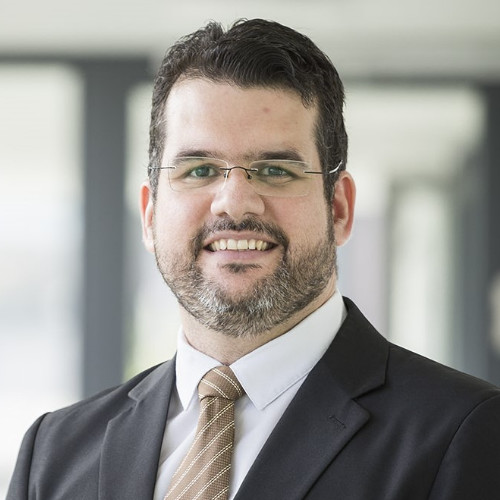
Dr. Pablo Oliveira Antonino is Head of the Embedded Software Engineering department of the Fraunhofer Institute for Experimental Software Engineering IESE in Kaiserslautern, Germany. He holds a PhD in Computer Science from Technische Universität Kaiserslautern, and has experience with the design, evaluation, and integration of dependable embedded systems from various domains, such as automotive, avionics, agricultural and construction machines, medical devices, and smart industries.

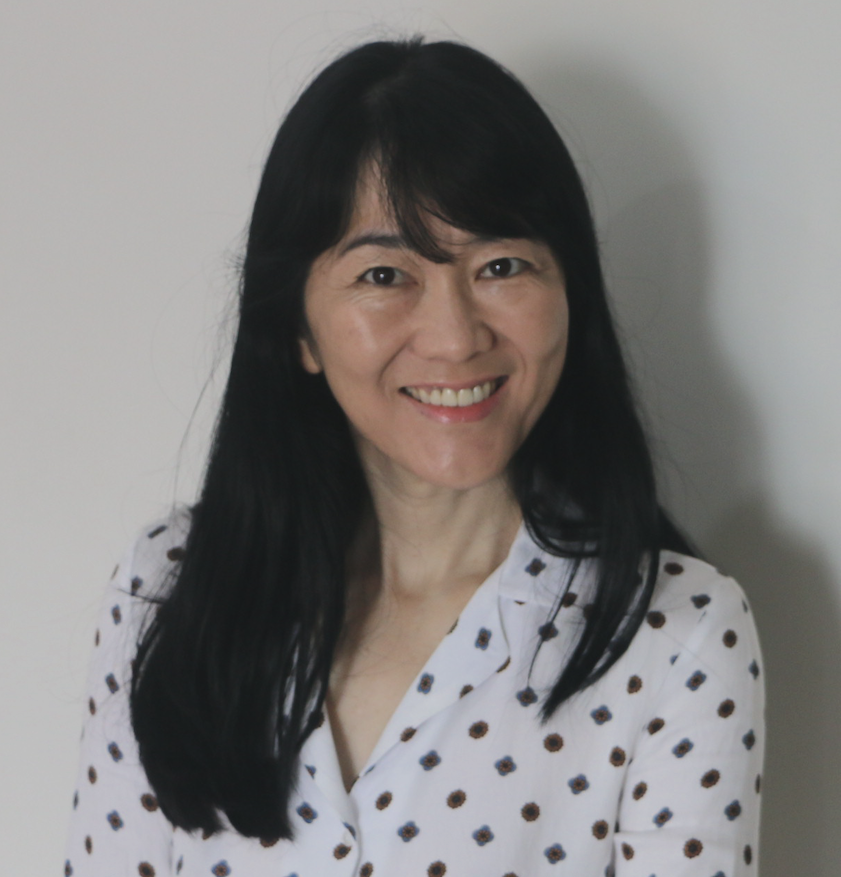 Elisa Yumi Nakagawa
Elisa Yumi Nakagawa
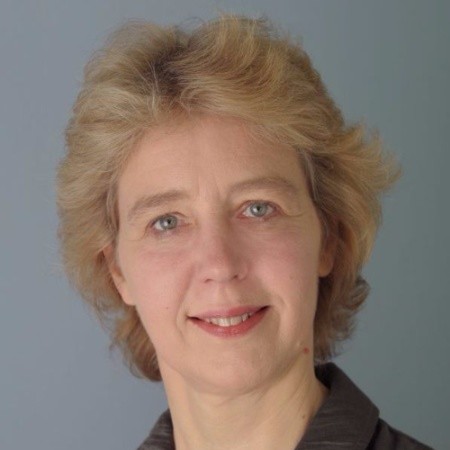 Frances Paulisch
Frances Paulisch
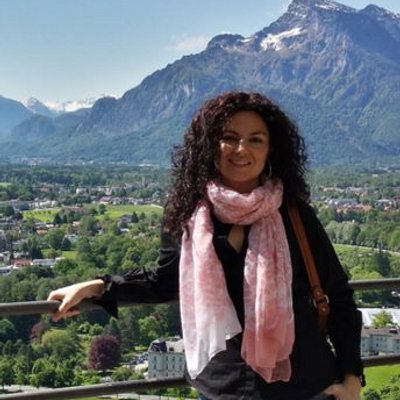 Elena Navarro
Elena Navarro
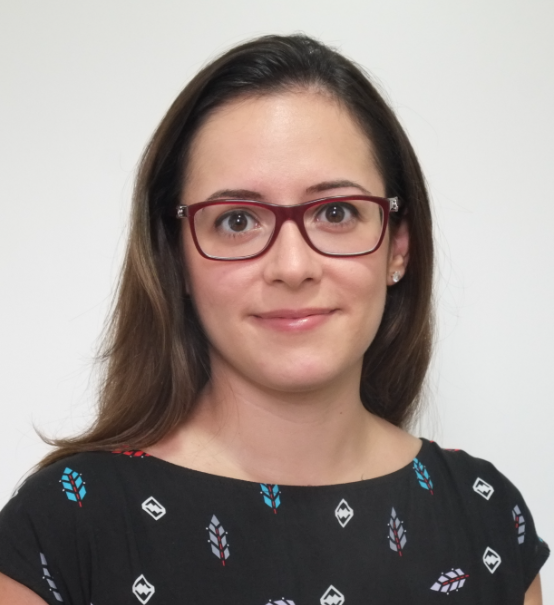 Milena Guessi
Milena Guessi
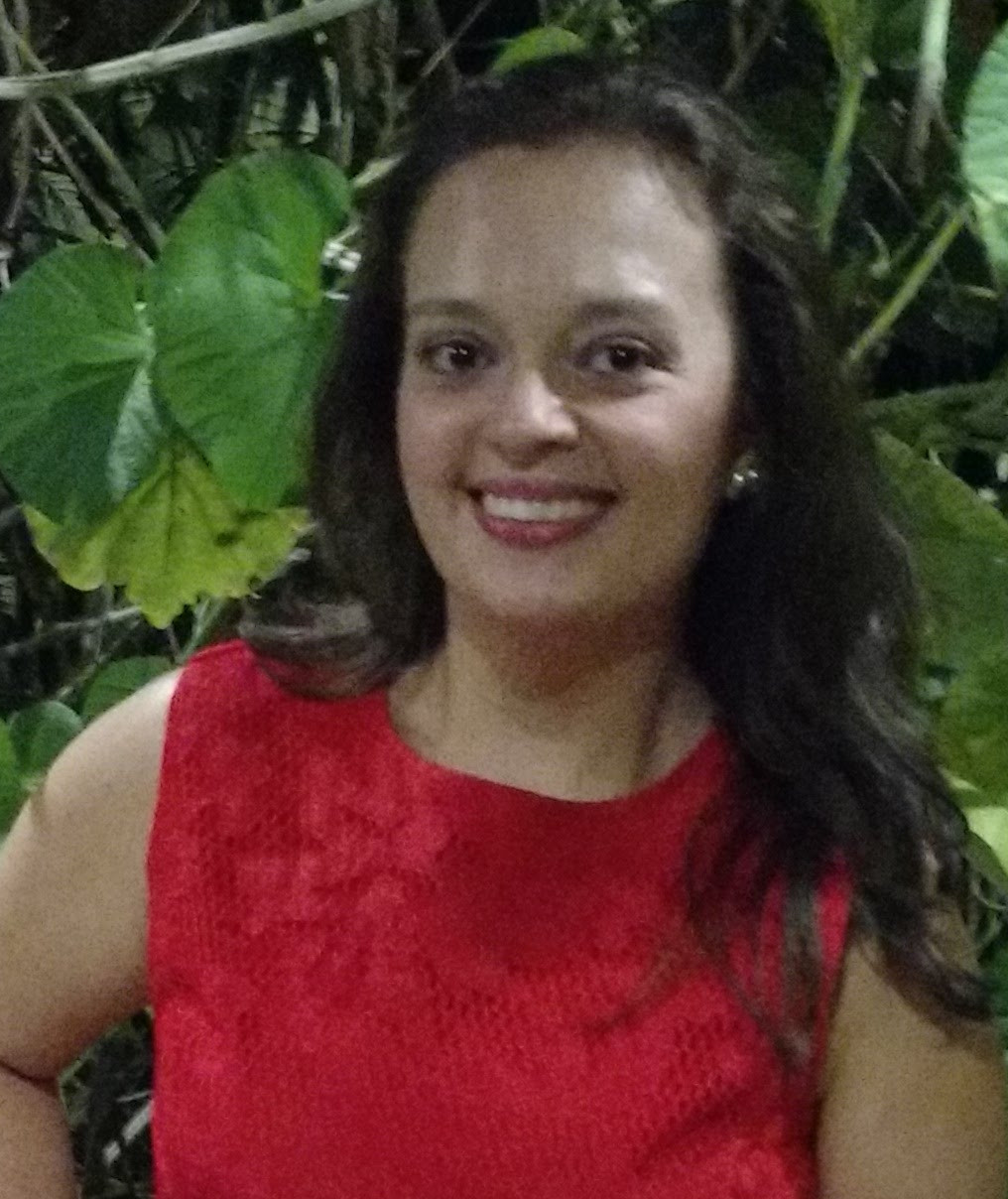 Lina Garcés
Lina Garcés